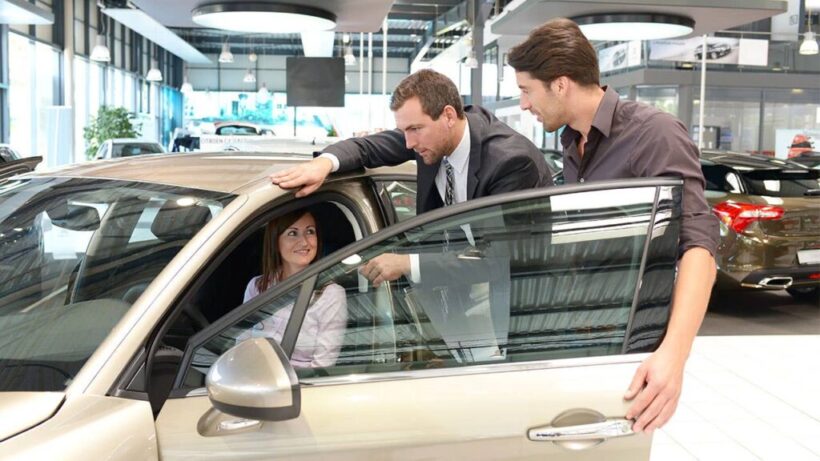It can be difficult to decide whether to buy a used automobile, even when doing so could result in financial savings. While the price of purchasing used could make this option appear appealing, there are a number of factors to consider before taking the plunge and signing on the dotted line. In order to guarantee that you have all your ducks in a row before making an informed decision, this post will present the critical factors to consider before buying a used automobile. So, let’s take some time to comprehend what we need to think about in advance, whether it’s for financial reasons or just the pure joy of riding about on used wheels. Here are our top suggestions on what to consider while choosing your next used automobile!
Research The Car’s History
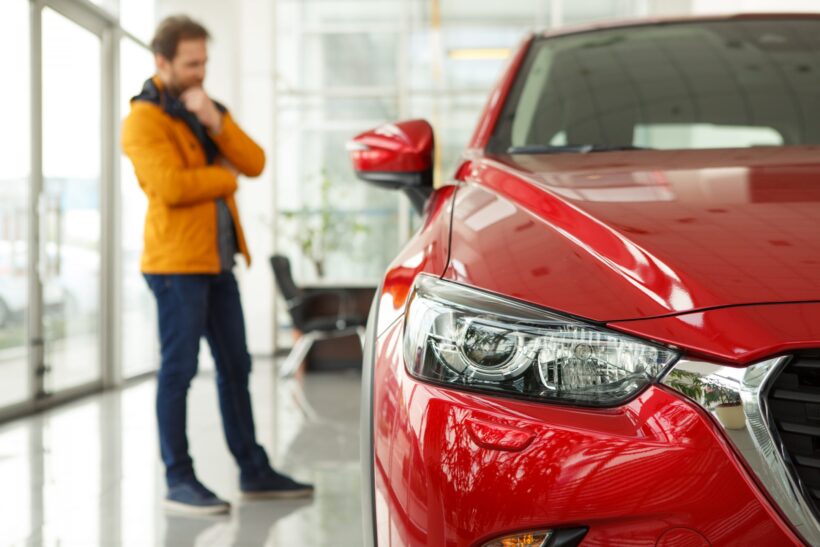
You may get a fair idea of a used car’s condition by looking at its history. Find out whether the vehicle has recently had any significant repairs or has been in any accidents before making a purchase. Before making your purchase, you might also want to investigate any recent recalls for the particular brand and model. Be cautious since many shrewd used automobile dealers will attempt to conceal any existing issues with the vehicle. Additionally, one fantastic aspect of automobiles today is that you can frequently locate a vehicle’s whole service history online, which makes it much simpler to check for any required repairs. Furthermore, the Verifica VIN website can be a great resource for providing you with an in-depth history of the vehicle.
Understand Your Finances
You must carefully consider your money and create a budget before buying a secondhand automobile. When determining what kind of automobile you can afford, be sure to take insurance expenses, registration fees, warranties, and repair costs into account. One of the most crucial things to keep in mind is that cars lose value rapidly, so it’s a good idea to put away some money for a down payment. Although a greater price tag may first appear scary, if you make a larger initial down payment, you will be able to stretch out payments over time and pay less interest in the long run.
Make Sure You Test Drive It

It should go without saying that you should always include a test drive of your preferred used car on the list! By doing this, you may assess the vehicle’s performance and comfort on the road, as well as check for any potential mechanical or electrical issues. Before making any commitments or paying anything up ahead, this should be done. Since you are the ‘new’ owner of a used automobile, you must also make sure that all of the controls and features are in perfect working condition and comply with all applicable safety regulations. A warning sign can be the dealer’s refusal to let you take the automobile for a test drive.
Check Out The Warranty
Always keep in mind to thoroughly study the warranty when buying a secondhand car. Certain warranties may cover almost everything, including unforeseen repairs and ongoing maintenance fees. If there isn’t one included with your purchase, think about purchasing an aftermarket or extended warranty, which might protect you from future unanticipated costs. To guarantee that all repairs are covered, the warranty should also include the name of the car’s maker as well as the model and year of the vehicle.
Inspect The Car Physically
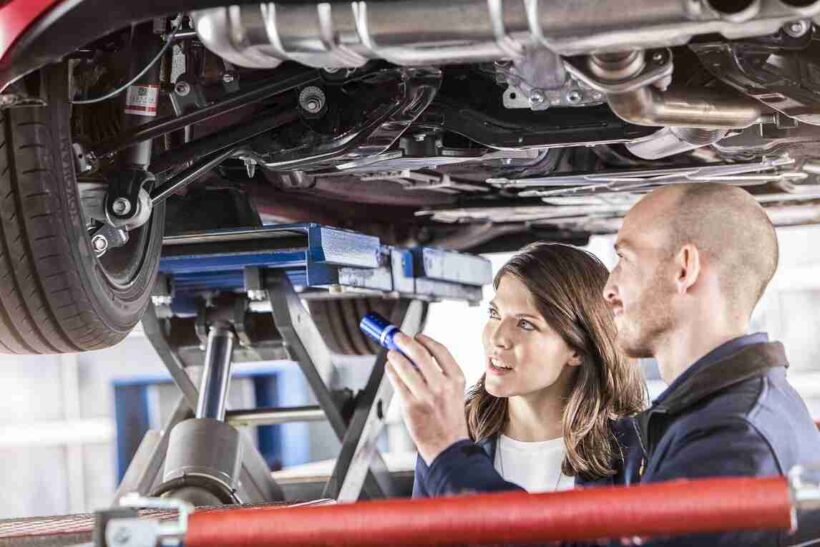
You should personally evaluate the automobile after researching its past. This entails searching for indications of corrosion, physical harm, inner flaws, etc. It would be a good idea to have a knowledgeable technician with you who can assist in finding any concealed faults or difficulties that might not be seen during a quick check. Additionally, request any current maintenance documents from the owner, and make sure to test-drive the vehicle on all sorts of terrain. It’s crucial to do this to see how it functions and behaves in various settings.
Look For Signs Of Wear-And-Tear
Keep an eye out for any symptoms of aging that would indicate the car has been misused or mistreated. Look for damage such as dents, scratches, paint fading, etc. as they might point to the car’s bad condition. Check the vehicle’s interior as well for indications of water damage or rips in the seats and carpets. Be careful to keep an eye out for any odd smells that might be mold growth. Additionally, look for any rust particles, as these are frequently signs that the car has been exposed to dampness.
Consider The Cost Of Repairs And Maintenance
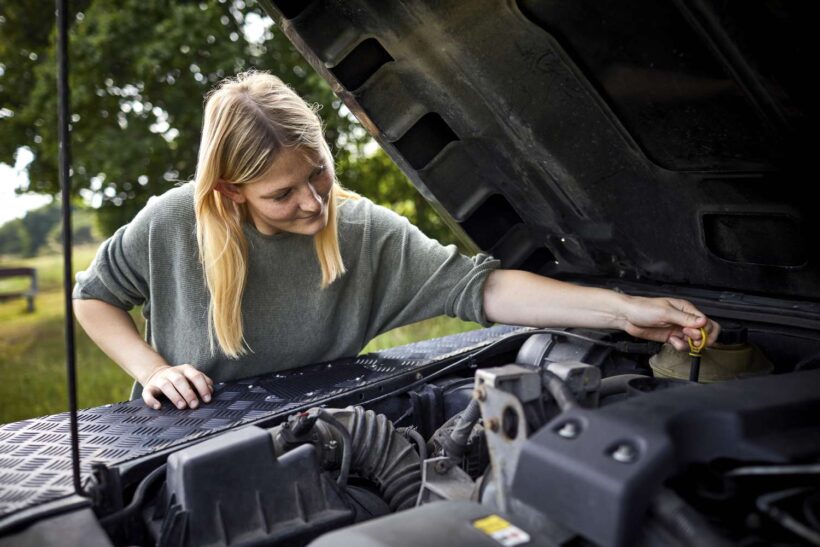
Always remember to include in the expense of repairs and upkeep. After you buy the automobile, you might need to spend money addressing a few issues, so be sure the pricing appropriately represents this. Additionally, it’s a good idea to consider prospective maintenance expenditures for things like brake pad replacement, tire rotation, and oil changes. Also crucial is making sure the automobile has all necessary components and capabilities.
Research Online Reviews And Ratings
Read internet reviews from reputable sources to acquire a genuine assessment about your selected used car. Before making a purchase selection, you will be able to learn what other people think about its dependability and performance through this. Check the dealer’s ratings and customer reviews on numerous websites and forums to see whether it sells any automobiles with extended warranty options. Additionally, it’s a good idea to get a second opinion from the former owners.
Make Sure To Set A Budget
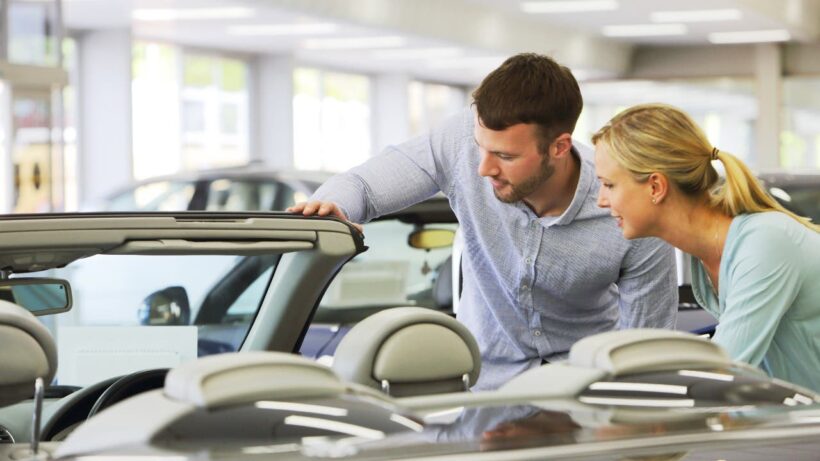
Since you’re buying a used automobile, be careful to establish and adhere to a spending limit. Take into account a wide range of variables that may affect your budget, including insurance prices, petrol costs, taxes, registration fees, and more. Once you have all of this information, shop around online or at several dealerships until you locate something that works for your budget.
Conclusion
To sum up, the aforementioned points are all crucial ones to consider when purchasing a used automobile. Always keep in mind to research the vehicle’s history and give it a thorough inspection if you’re looking for a cheap alternative that won’t break the bank. Before making any selections, be sure to set a budget in advance and read internet reviews. By doing these actions, you may be sure that you’ll find a dependable used car at a reasonable price.

